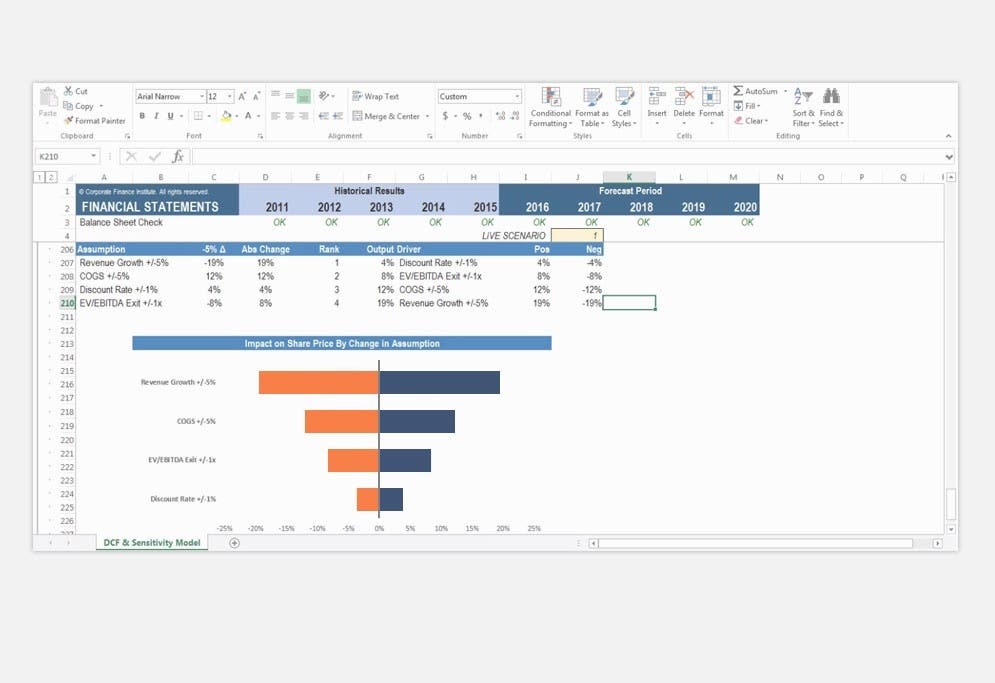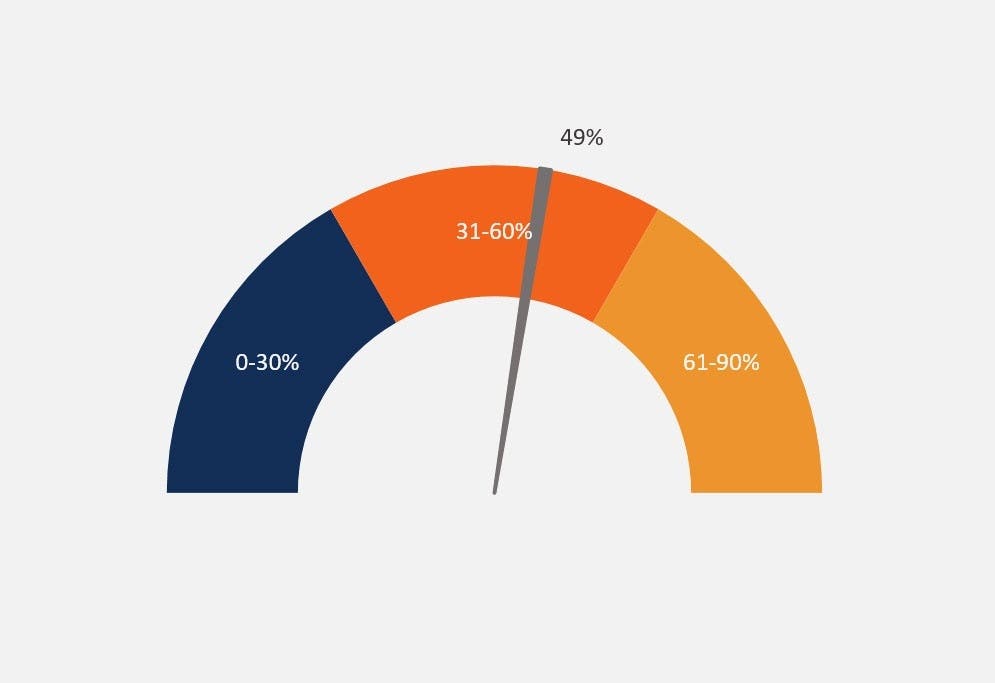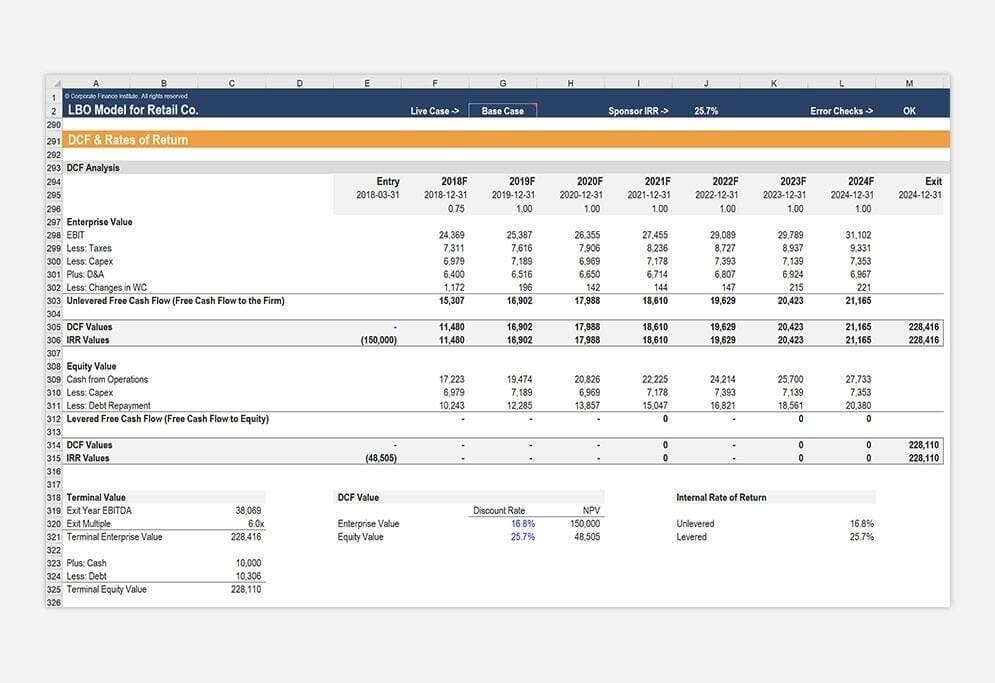Learn Cryptocurrency with CFI
Topic Overview
5 course
Consisting of over 210+ lessons
30+ interactive exercises
Learn by doing with guided simulations
Expert instructors
Learn from the very best
New courses monthly
On need-to-know subject matter
Blockchain certificate
To verify your skills
500,000+ 5 star ratings
Best-in-class training, as rated by you
Find the right Cryptocurrency course
Top Cryptocurrency Courses
Browse all coursesWhy Learn Cryptocurrency with CFI?
As a top provider of online finance analyst certification programs, CFI offers skill development, specialization, and certifications in a wide range of finance topics and trends. Developed with the help of professional Wall Street trainers with over 20 years of experience training new hires at investment banks, our courses combine theory and application for in-depth learning and retention.
Our courses are fully online and self-paced, so you can take courses on your own time, from anywhere, and develop your finance skills.



With our Cryptocurrency courses, you can discover:
Who should take these courses?

Investment professionals

Management consultants

Financial analysts
Registered Provider: National Association of State Boards of Accountancy
All courses are accredited by the Better Business Bureau (BBB), CPA Institutions in Canada, and the National Association of State Boards of Accountancy (NASBA) in the US. Most courses qualify for verified CPE credits for CPA charter holders.
Courses include video lessons, quizzes, and final assessments.









